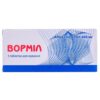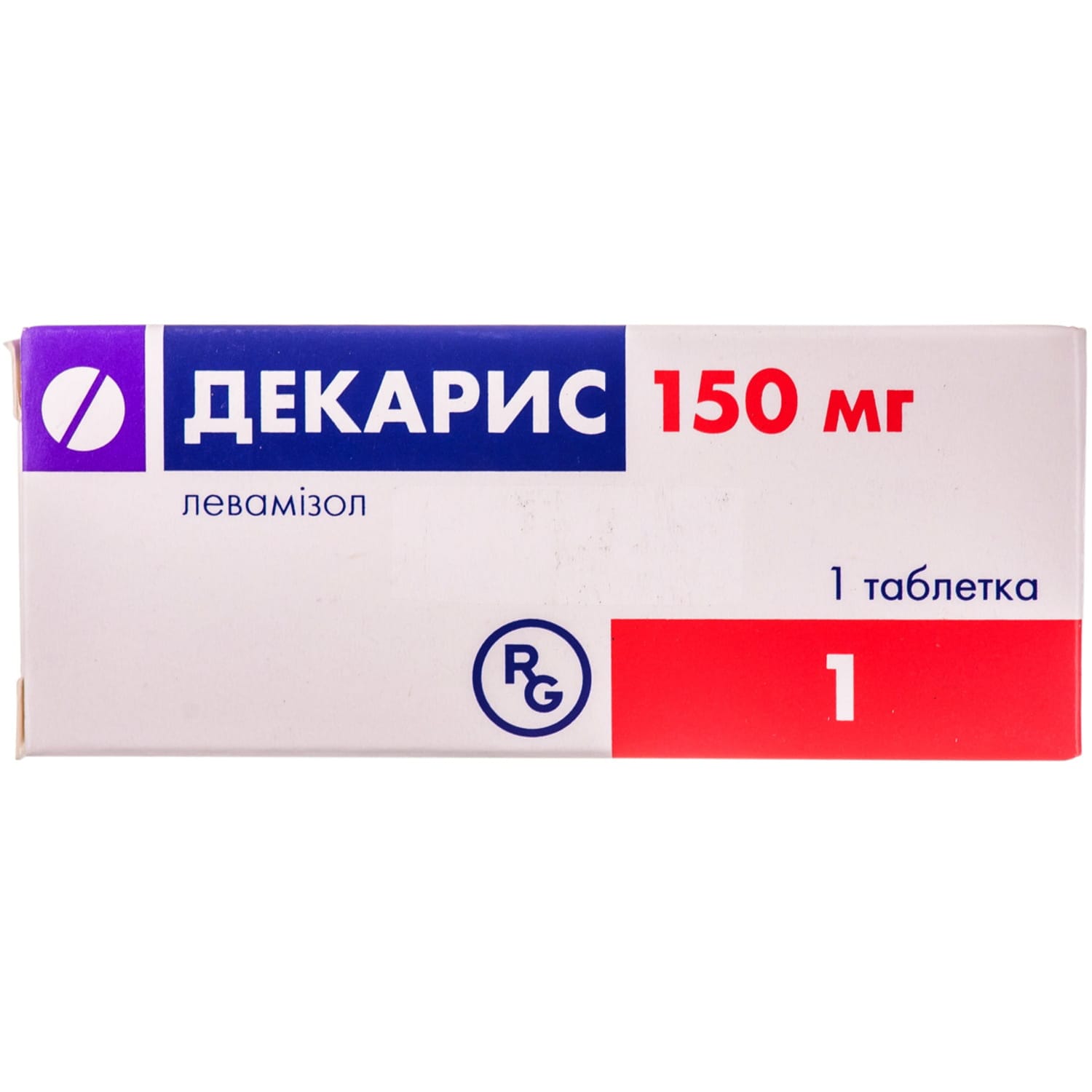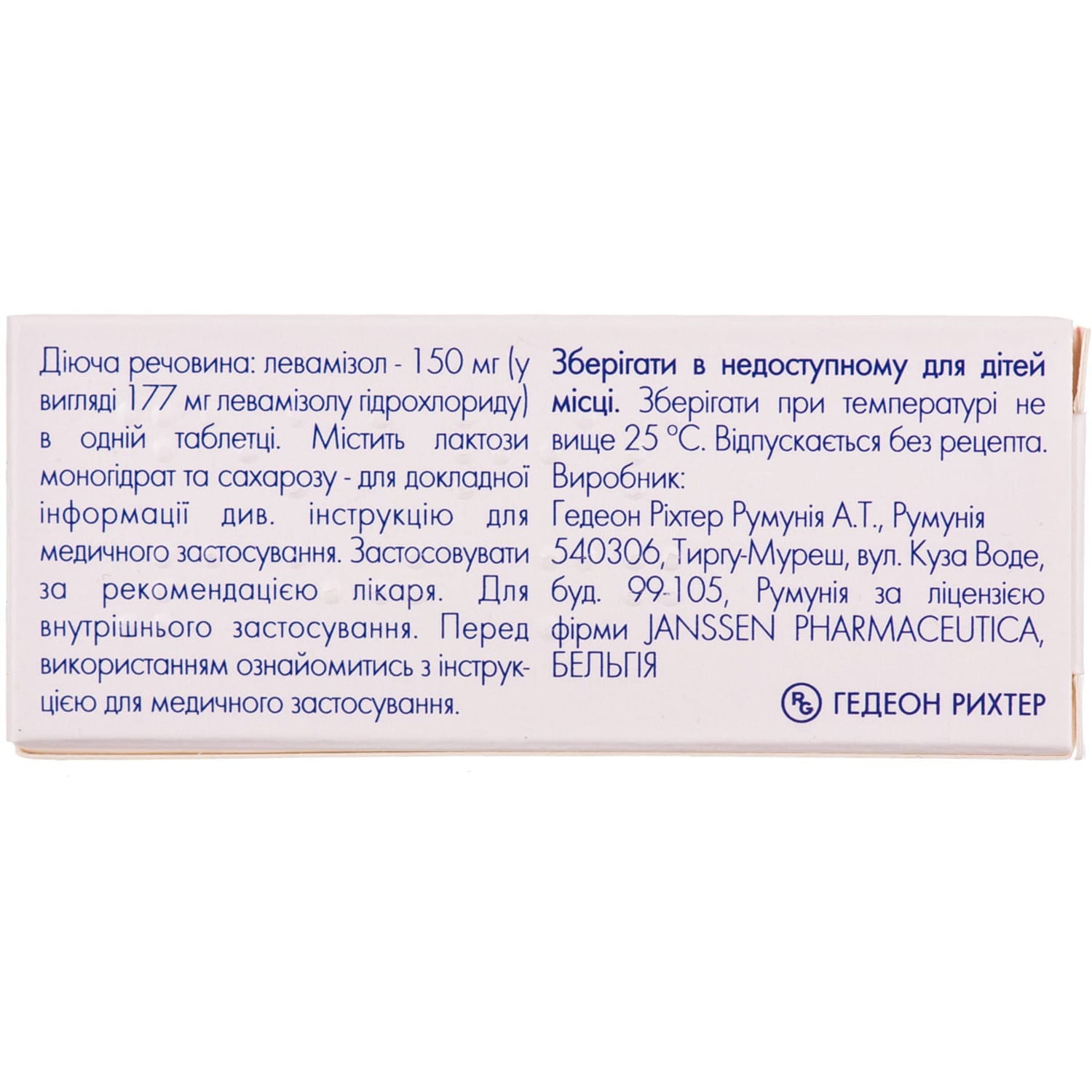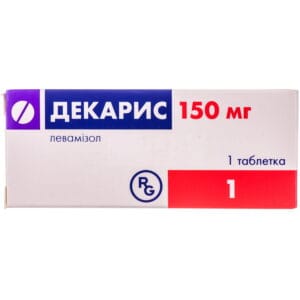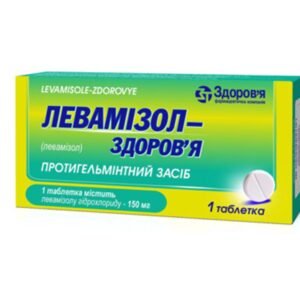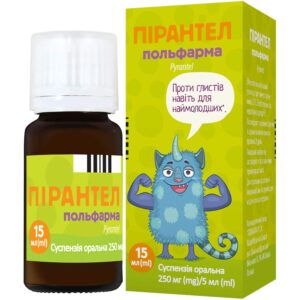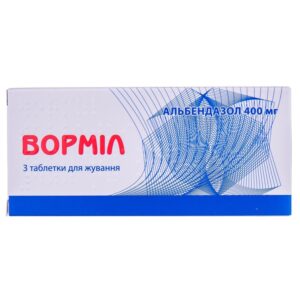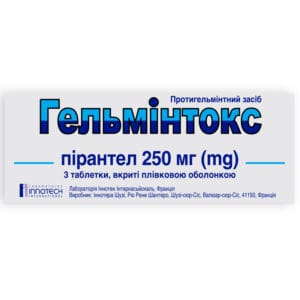🇦🇺 Australia
🇨🇦 Canada
🇨🇿 Czechia
🇩🇰 Denmark🇪🇪 Estonia
🇮🇪 Ireland
🇮🇱 Israel
🇮🇹 Italy
🇯🇵 Japan
🇲🇽 Mexico
🇵🇱 Poland
🇰🇷 South Korea
🇨🇭 Switzerland
🇬🇧 United Kingdom
🇺🇸 United States of Americaand more
🇦🇺 Australia
🇨🇦 Canada
🇨🇿 Czechia
🇩🇰 Denmark🇪🇪 Estonia
🇮🇪 Ireland
🇮🇱 Israel
🇮🇹 Italy
🇯🇵 Japan
🇲🇽 Mexico
🇵🇱 Poland
🇰🇷 South Korea
🇨🇭 Switzerland
🇬🇧 United Kingdom
🇺🇸 United States of Americaand more
Dekaris tablets 150 mg blister 1 pc.
$19.54
Dekaris (Levamisole) tablets 150 mg – effective single-dose treatment for ascariasis and hookworm. Suitable for adults. Easy to use, no diet required.
-
— or —
“Dekaris” tablets are used for the following indications:
- ascariasis;
- non-catorosis;
- hookworm.
Composition
The active substance is levamisole (one tablet contains 150 mg of levamisole (as 177 mg of levamisole hydrochloride)).
Excipients: corn starch, lactose monohydrate, sucrose, povidone, talc, magnesium stearate.
Contraindication
Hypersensitivity to levamisole or to any of the excipients included in the medicinal product.
Method of application
For the treatment of helminthiasis, adults are prescribed the drug “Dekaris” once in a dose of 150 mg (one tablet).
It is advisable to take the drug with a small amount of water after a meal in the evening.
There is no need to use laxatives or follow a special diet.
If necessary, the treatment is repeated after a 7-14-day break.
Application features
Pregnant women
Animal studies have not shown teratogenic effects. Well-controlled studies in pregnant women have not been conducted, therefore, during pregnancy, the drug “Dekaris” can be prescribed only if the expected benefit outweighs the possible risk of using the drug.
It is not known whether levamisole is excreted in human milk, but it has been detected in cow’s milk. To prevent adverse effects on the infant, it is necessary to decide whether the drug should be administered to a nursing woman.
Animal reproduction studies have shown no effects on fertility.
Children
150 mg tablets should not be given to children.
Drivers
Levamisole has not been shown to affect the ability to drive or use machines, although encephalopathy has been reported as a very rare adverse reaction to levamisole treatment.
Overdose
When taking large doses of levamisole (more than 600 mg), the following signs of intoxication have been described: nausea, vomiting, lethargy, cramps, diarrhea, headache, dizziness and confusion. Convulsions have been reported at doses exceeding the recommended ones.
Treatment: in case of accidental overdose, if a short time has passed after taking, gastric lavage should be performed. Vital signs should be monitored and symptomatic therapy should be carried out. If there are signs of anticholinesterase action, atropine can be administered as an antidote.
Side effects
From the cardiovascular system: feeling of palpitations.
From the blood and lymphatic system: agranulocytosis, leukopenia.
Mental disorders: insomnia.
From the side of the central nervous system: convulsions, dizziness, encephalopathy, headache.
Gastrointestinal: abdominal pain, diarrhea, nausea, vomiting.
Immune system disorders: Hypersensitivity reactions including rash, pruritus and angioedema.
Storage conditions
Store at a temperature not exceeding 25 °C, out of the reach of children.
Shelf life – 5 years.
You may also like


